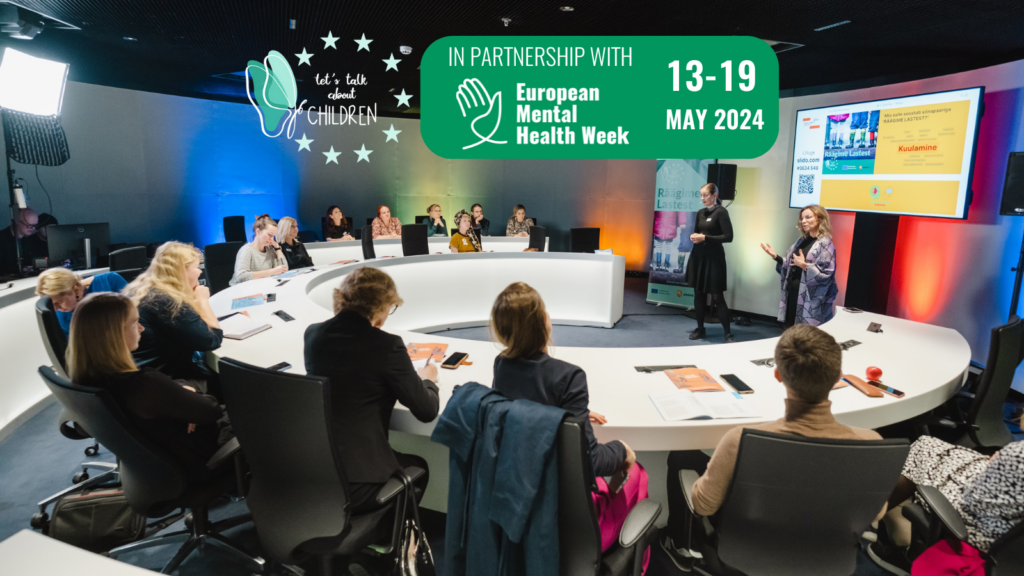Co-creating the future of Let’s Talk: Peaasi.ee, Estonia
Let’s Talk About Children joins the European Mental Health Week 2024 with a series of blog posts focusing on co-creational aspects behind the LTC practice. Project partners answered the same questions to reflect upon similarities and differences in national approaches, to learn from each other and highlight the importance of co-creation in mental health practices.

What are the main goals that the Let’s Talk About Children project is trying to achieve regarding children’s mental health in Estonia?
The Let’s Talk About Children project in Estonia has set out ambitious goals to advance children’s mental health in our country. Through sincere inspiration and hands-on experience, we’ve come to understand that the LTC approach is not merely an intervention, but rather a shift in mindset. Our vision here in Estonia extends beyond only implementing the use of intervention to a broader shift in service culture, focusing on advancing child development and preventing mental health problems.
Preventing and promoting children’s mental health hinges on ensuring that each child is surrounded by multiple adults capable of recognizing and supporting their developmental needs in a timely and collaborative manner. It’s essential to extend caring attention not only towards families and parents but also towards all the environments where children spend much of their time. Expanding the use of the LTC approach supports all of these efforts.
Sustainable expansion of the LTC approach in Estonia is facilitated by raising awareness among professionals about the need to support children, training LTC professionals and trainers, developing necessary guidance and training materials, as well as devising a broader implementation and sustainability plan.
Can you provide a specific example of how the Let’s Talk About Children project in Estonia engaged diverse stakeholders in collaborative processes?
Engaging diverse stakeholders, including families, mental health professionals, and institutions, in collaborative processes has been integral to our project.
For instance, in the development process of the expansion and sustainability plan for LTC in Estonia, representatives from various sectors, such as the Ministry of Social Affairs, the Ministry of Education, the Health Insurance Fund, the Child Welfare Development Center, the Health Development Institute, primary healthcare centres, school administrator, mental health counsellors acted as members of the expert group in design journey. Through a guided service design process, professionals and parents were interviewed, drawing inspiration from both personal experiences and international practices. The unified plan that emerged from the expertise and discussions of different stakeholders outlines the best way forward for implementing LTC in Estonia.
What have you learnt from the different people and stakeholders you interacted with in this first part of the Let’s Talk About Children project?
A mindset change or the adoption of an intervention cannot be achieved by anyone alone. Only together!
How can the LTC method promote an approach to mental health where everyone’s voice is given equal attention, respect, and value?
The Let’s Talk About Children approach fosters an environment where everyone’s voice is heard and respected. Central to this approach is the belief that parents are the best experts on their families and children when meeting with professionals. This sets the foundation for equal communication, ensuring that all voices are heard, leading to the discovery of more resources and potential solutions. Additionally, LTC recognizes and builds upon the existing strengths within families, empowering and boosting their confidence. It’s important to note that Let’s Talk About Children is not an assessment tool, rather, it enables adults to evaluate their options for supporting a child’s everyday life and ensuring their well-being. These principles can be applied across various services as a mindset, even without directly utilizing LTC methodological tools.
